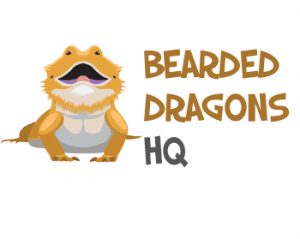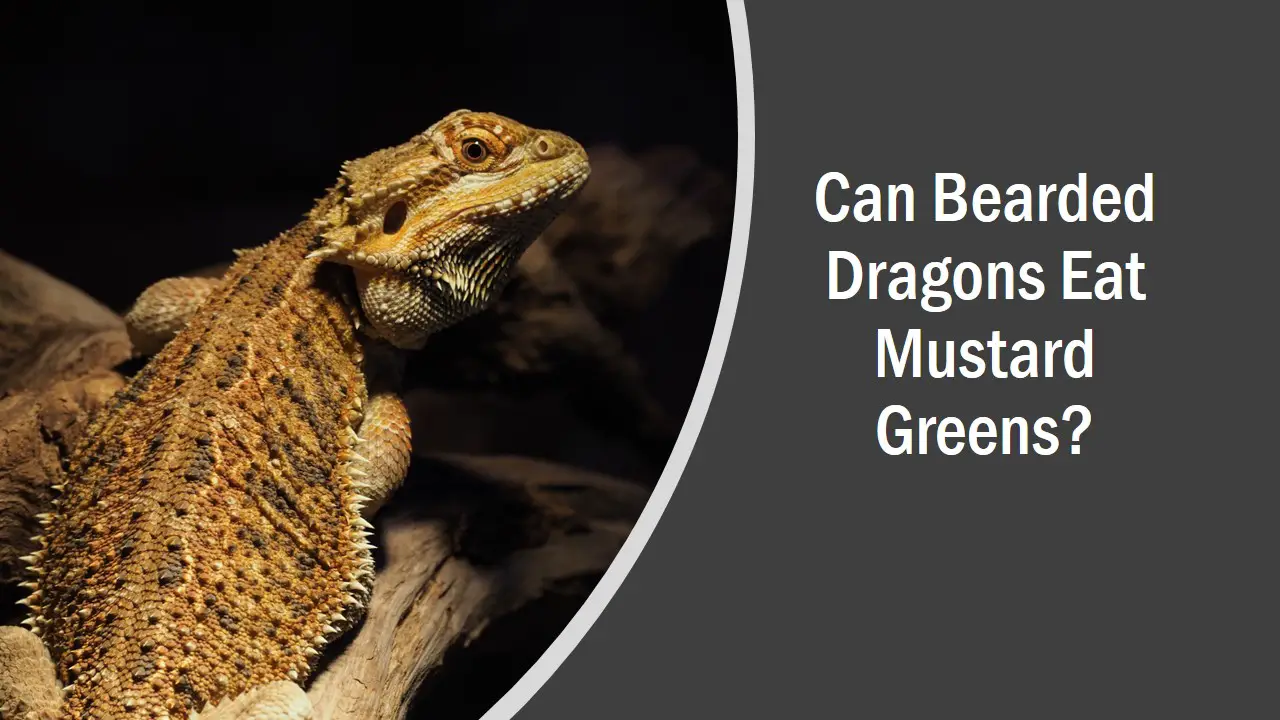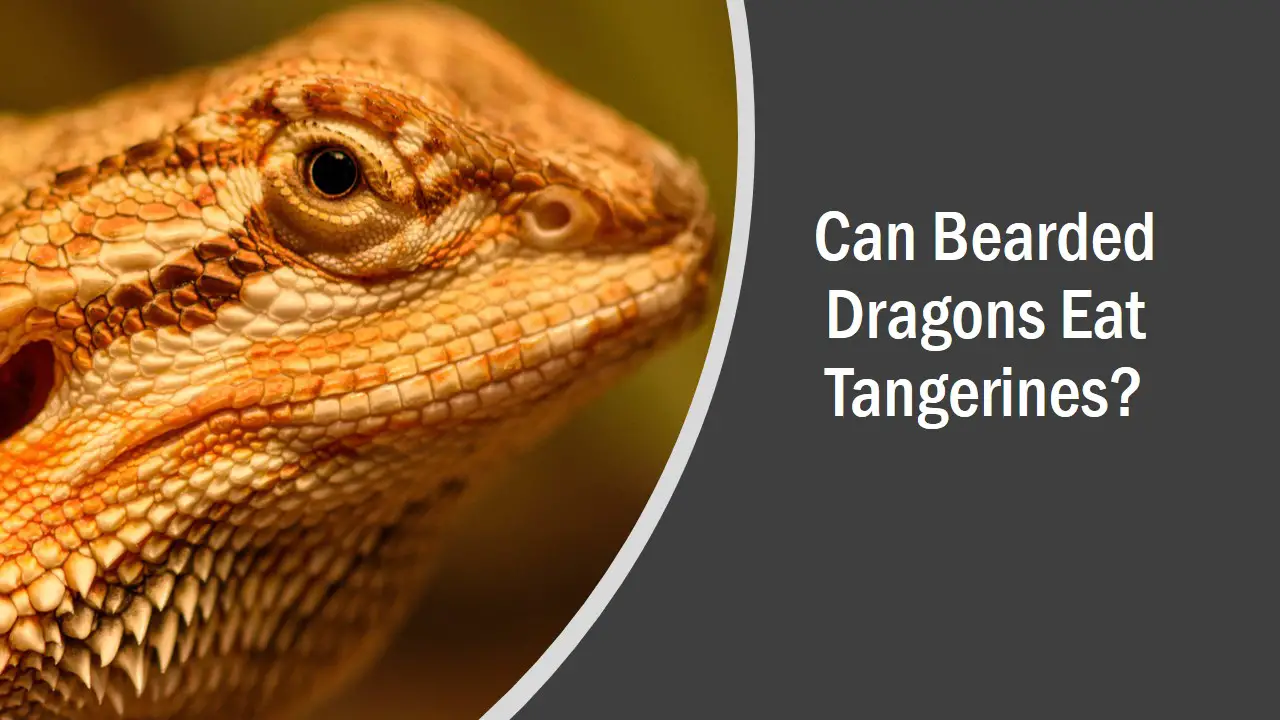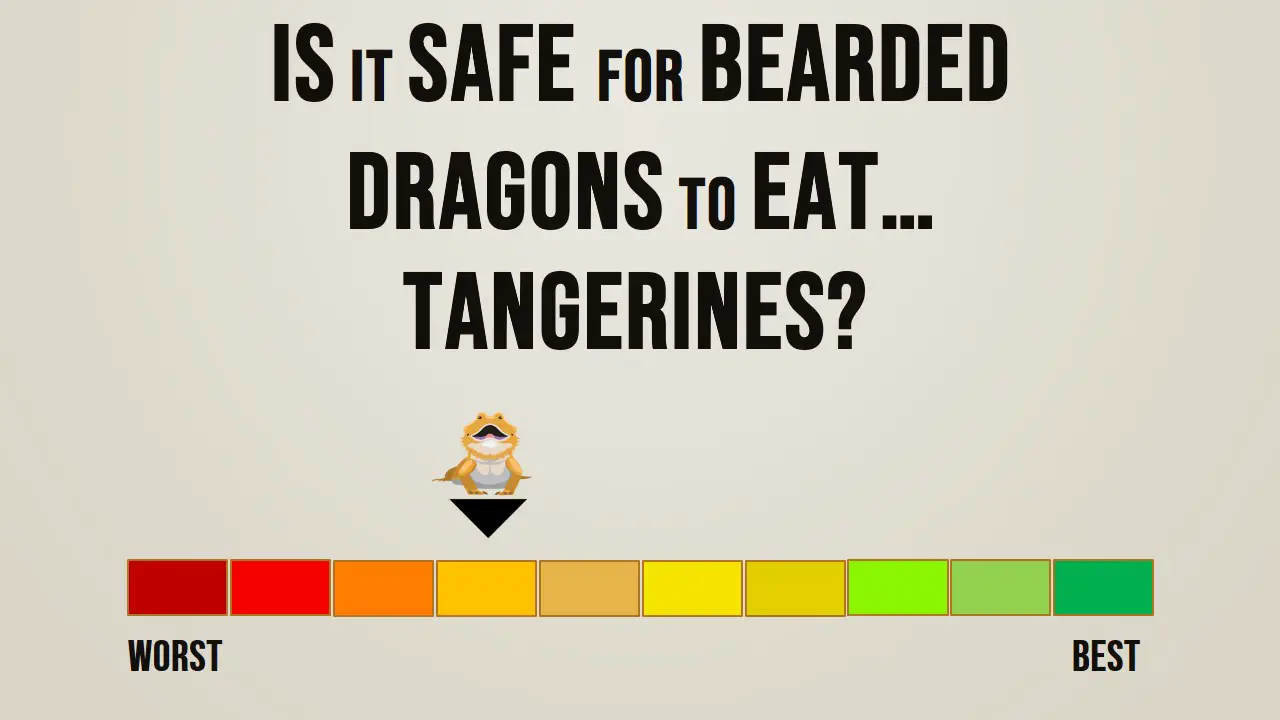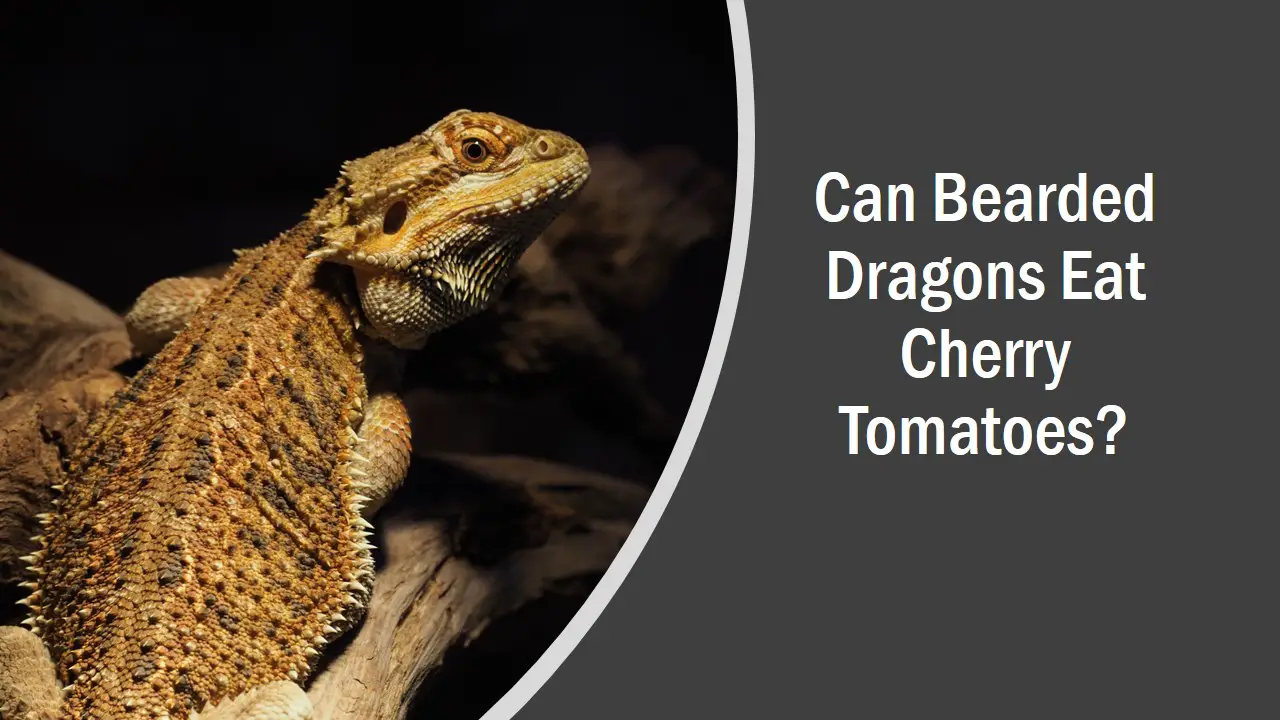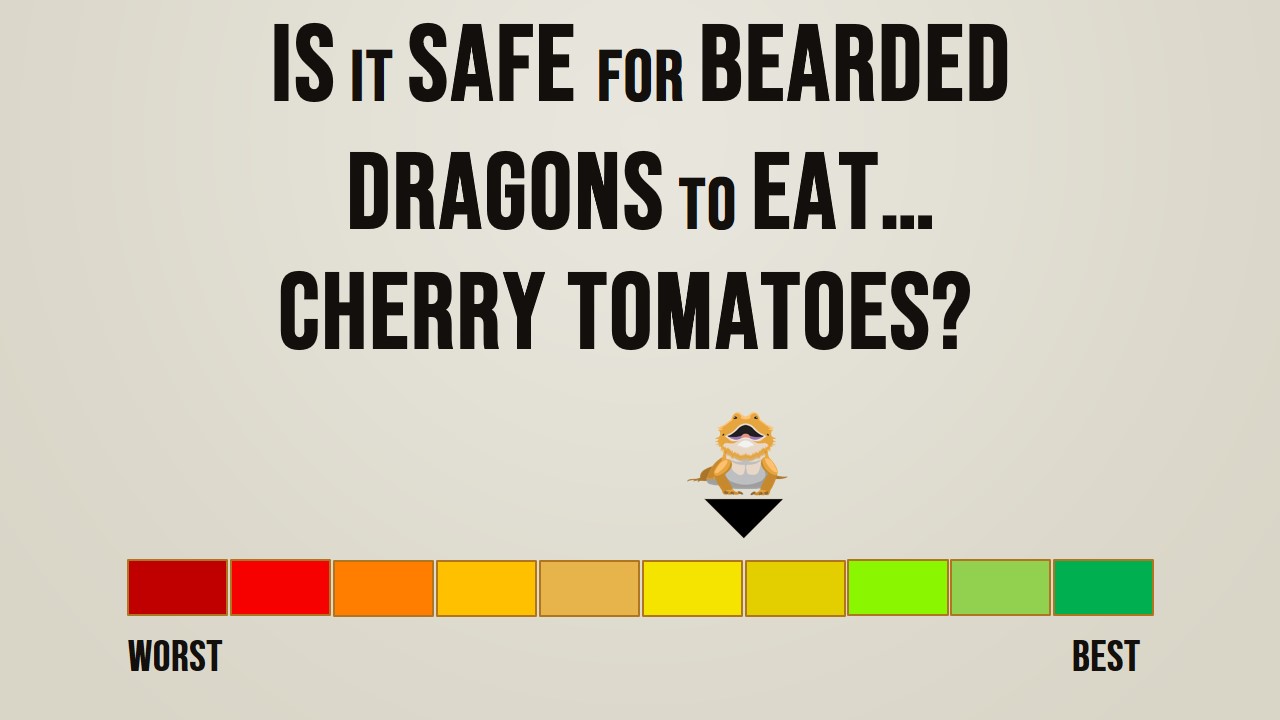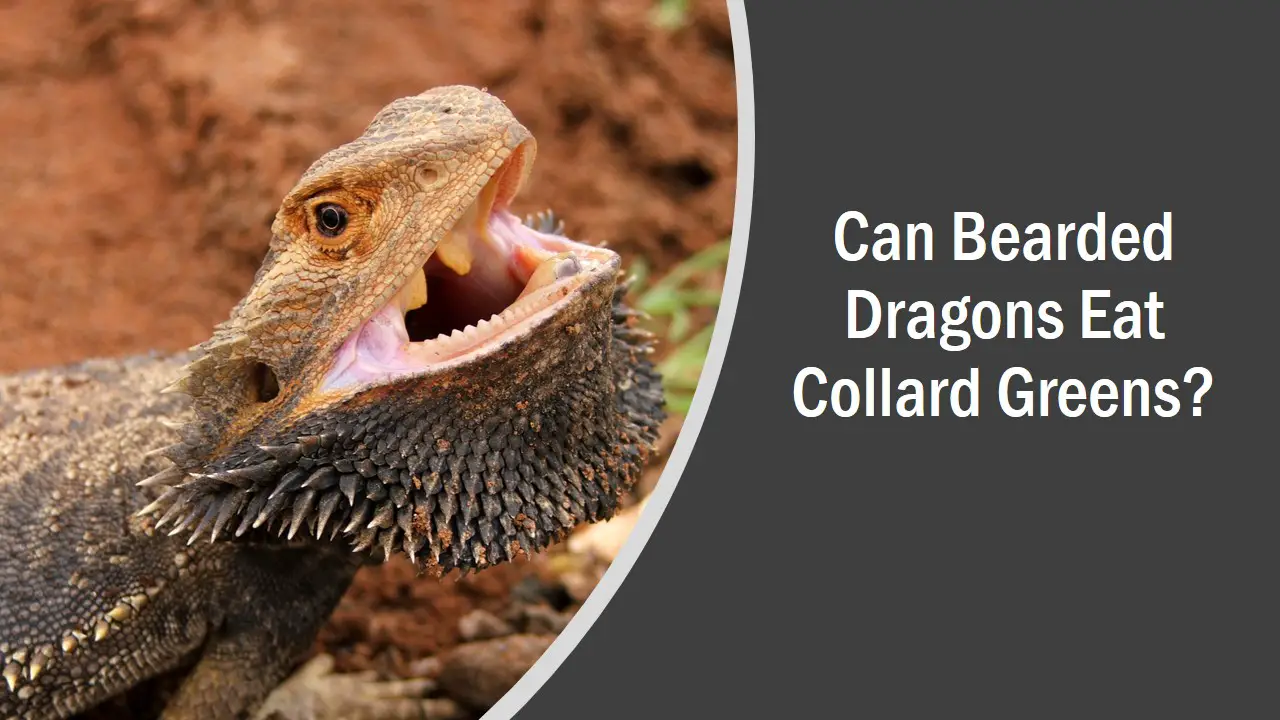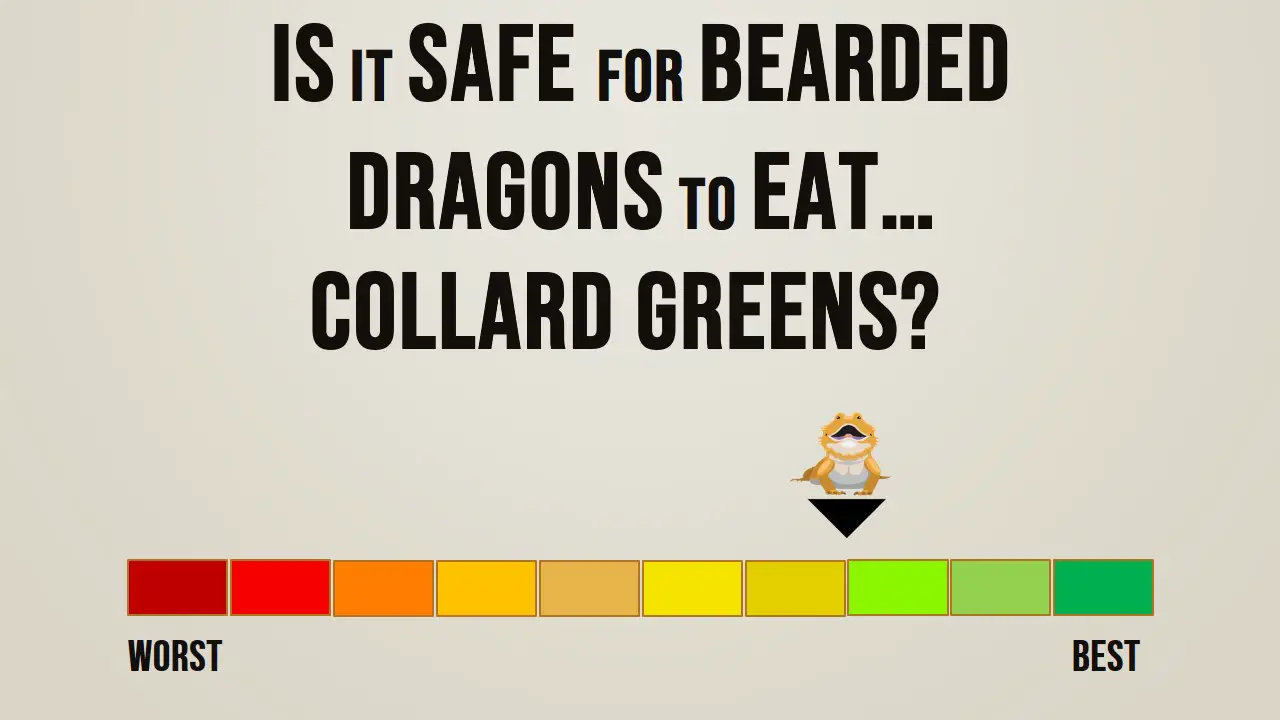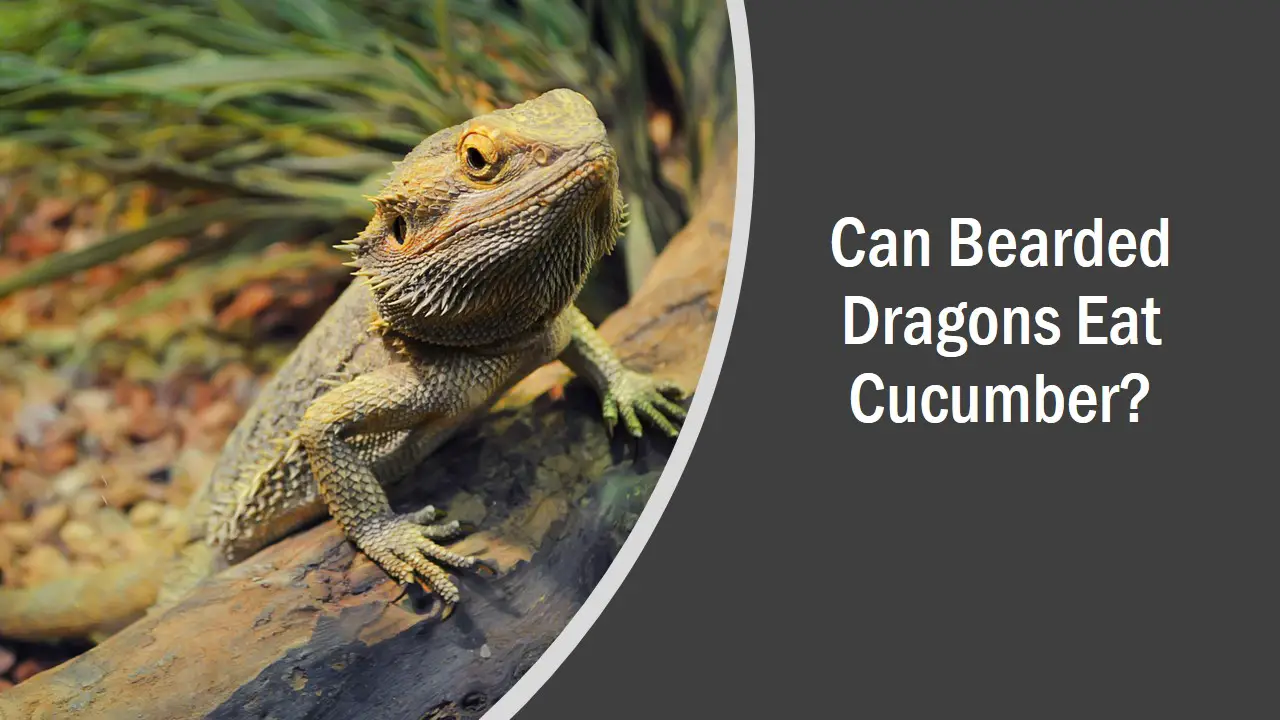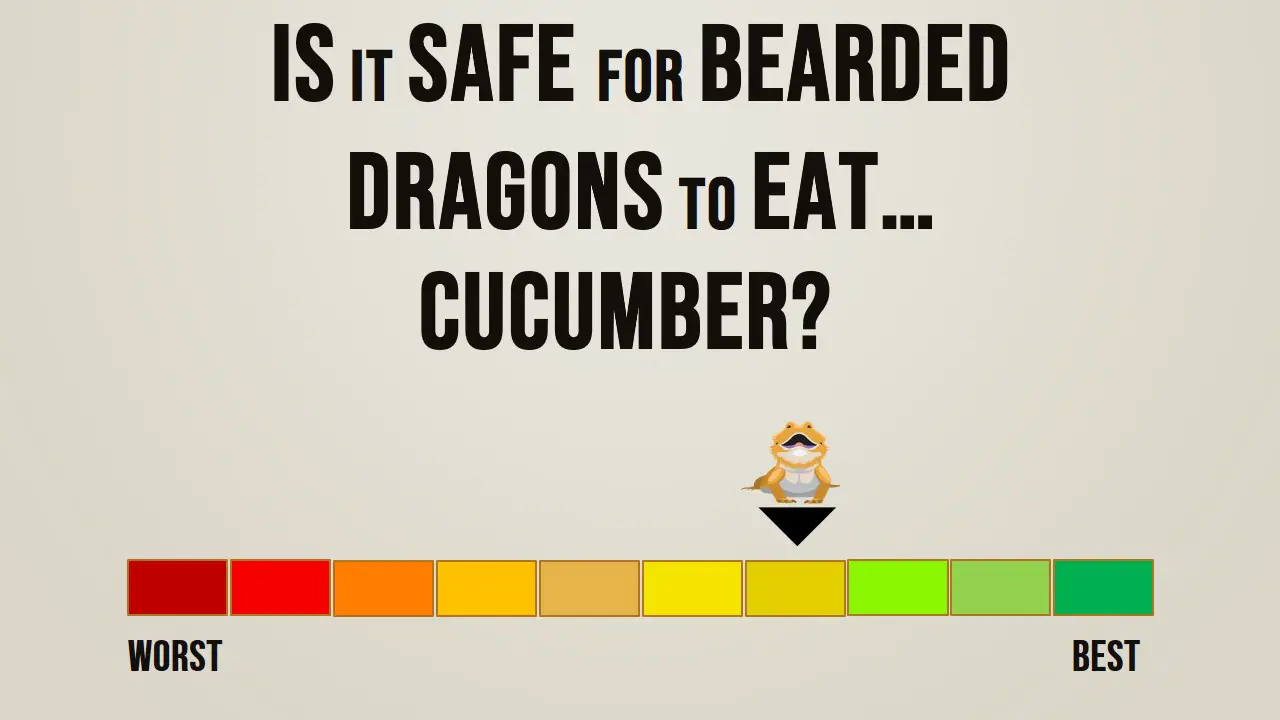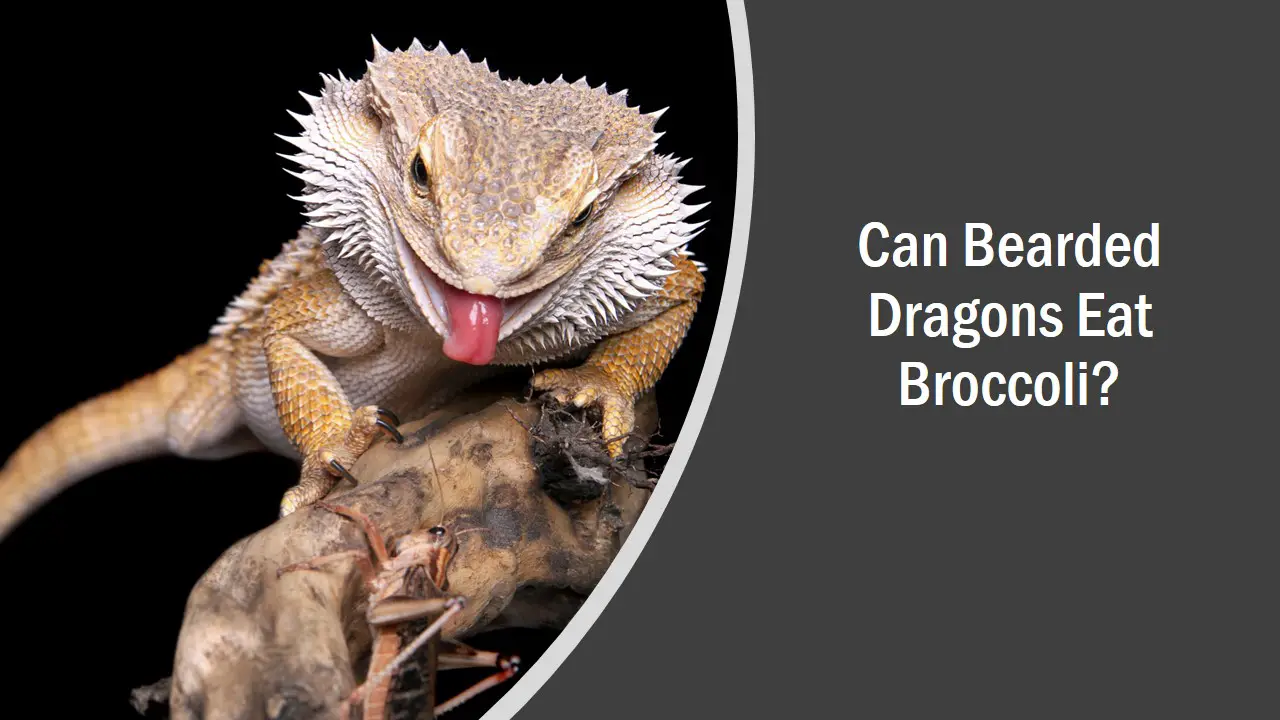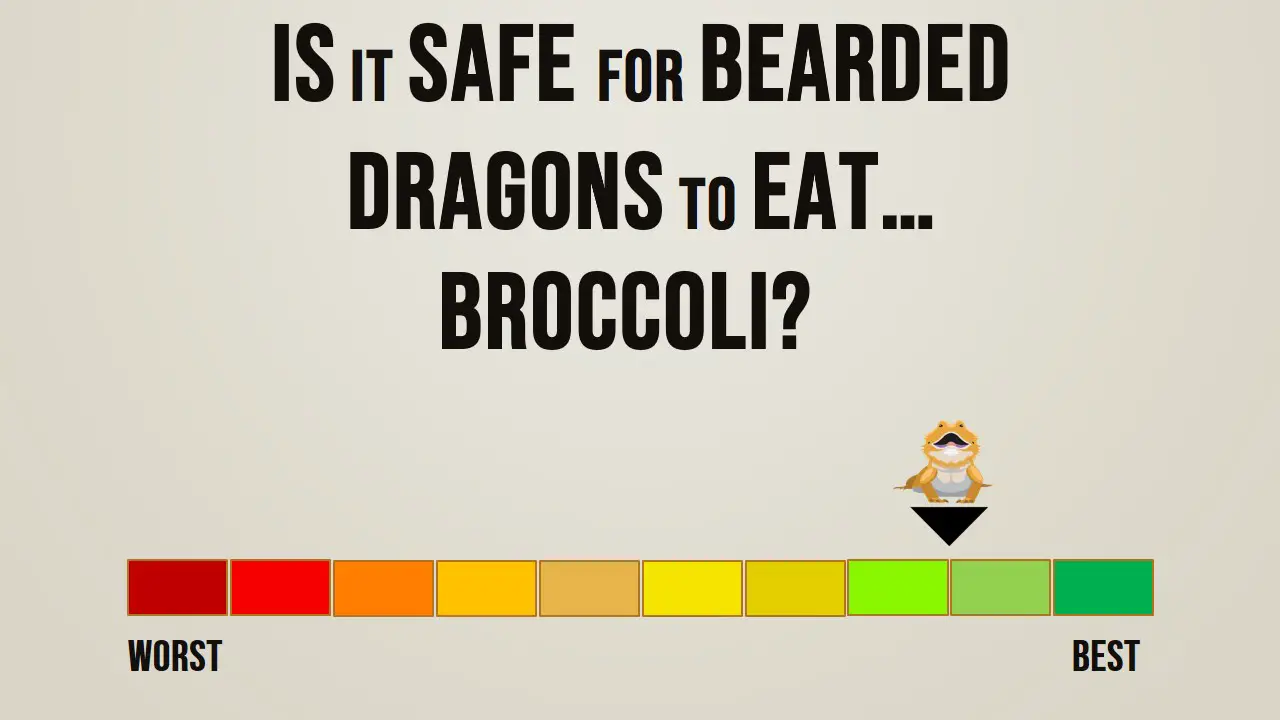Absolutely yes! Bearded dragons will go crazy for mustard greens and they will let you know it. Bearded dragons LOVE mustard greens and you should consider adding them into your pet’s diet. In addition to being a very tasty treat, mustard greens are high in antioxidants that can help strengthen your bearded dragon’s immune system.
You can give your bearded dragon fresh or frozen leaves. You can tell if the leaves are fresh by shaking them. If they rattle, they’re fresh enough to feed your pet.
You can also give your bearded dragon mustard greens in their salad mix or cook them for other kinds of dishes. Bearded dragons love meat so you might want to consider cooking it with mustard greens. This would double your pet’s intake of antioxidants and give your bearded dragon a really healthy meal.
They’re scientifically proven to have a positive impact on your pet’s health due to their antioxidants and you should add them into their diet as soon as possible. Check out the vegetable list.
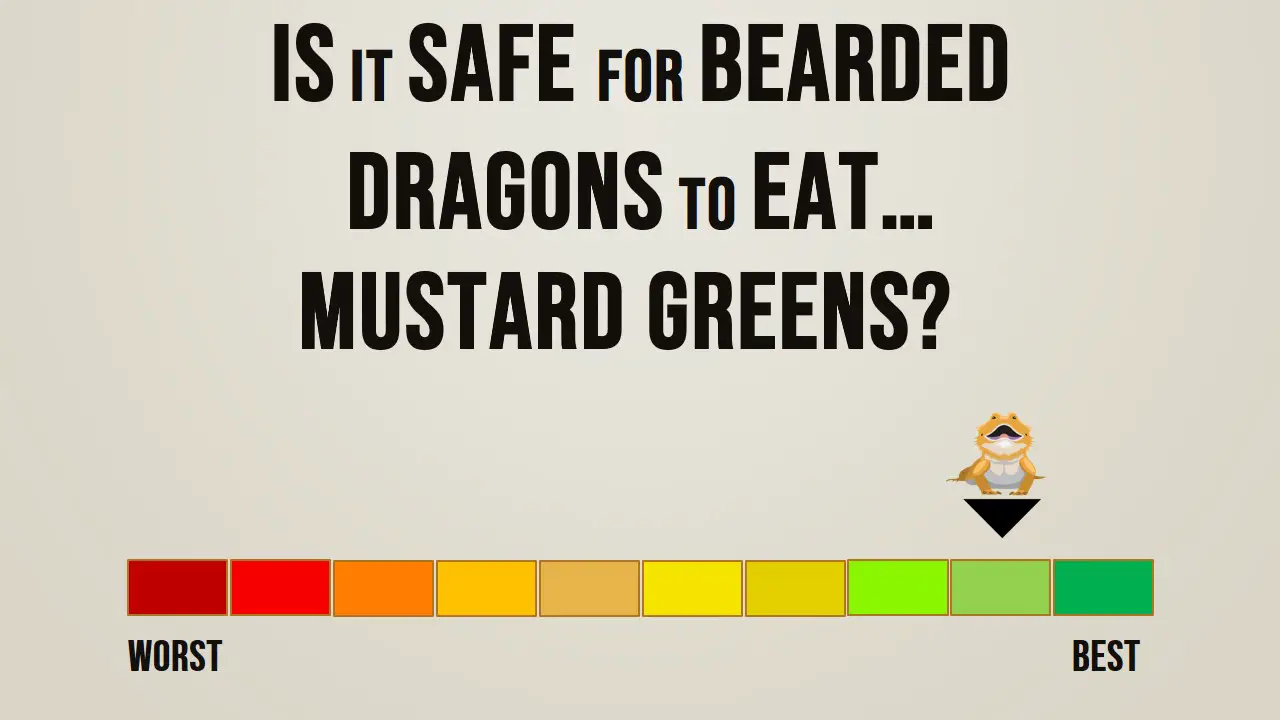
What Is The Nutritional Profile in Mustard Greens?
Mustard greens are really healthy and nutritious. They’re full of vitamins and minerals that your bearded dragon needs to stay healthy. Here’s a quick profile for you:
- Vitamin A: The most important vitamin in Bearded Dragon diets, Vitamin A is an antioxidant that strengthens the immune system and helps keep your pet healthy. Mustard Greens have 462 IU per 28-gram serving size, which is around 1 cup.
- Vitamin C: Another powerful antioxidant found in mustard greens, Vitamin C also contributes to your pet’s health by helping them produce collagen. Mustard Greens have 13 milligrams per 28-gram serving size, which is around 1 cup.
- Calcium: Calcium plays a huge role in keeping bones strong while keeping the blood healthy. Mustard Greens have 281 milligrams per 28-gram serving size, which is around 1 cup.
- Iron: Iron helps keep your pet’s blood healthy. When it doesn’t have enough iron, its immune system starts to weaken. A strong immune system keeps them healthy and prevents them from getting sick or dying early due to illness. Mustard Greens have 8.8 milligrams per 28-gram serving size, which is around 1 cup.
Mustard greens also contain Vitamin K and potassium, which you can read up on for more information about how they work and the benefits associated with them.
How Can I Feed Mustard Greens to My Bearded Dragon?
You can feed your pet mustard greens in a number of different ways. If you want to try giving it the most natural way possible, you can simply leave the mustard greens in their natural environment and allow them to eat it off the ground. However, this is not recommended because your pet may decide to eat some of the dirt from the ground along with the greens. This will make your bearded dragon extremely sick and could even kill him/her.
If you want to keep your pet alive and healthy, it’s best to make sure that there is no dirt anywhere in the mustard greens before you feed them to your bearded dragon. Here are some methods you could use:
- Fresh Mustard Greens: You can cut up fresh mustard greens into smaller pieces with scissors or kitchen shears. Just cut up the leaves into bite-sized pieces and feed them to your bearded dragon. Make sure that you rinse the leaves off with water first to remove any dirt or grime.
- Frozen Mustard Greens: Feeding frozen mustard greens will be less messy than fresh ones because they don’t have all of the extra dirt on them. You can give your bearded dragon frozen mustard greens by simply thawing out the bag first. Once it is thawed, cut up some of the leaves into smaller pieces and feed them to your bearded dragon. When feeding frozen mustard greens, make sure that all of the leaves are completely defrosted before you do so.
- Salad Mixes with Mustard Greens: If you want to make your own salad for your bearded dragon, you can always add some mustard greens into the mix. Just mix in a handful of the leaves into their favorite type of salad and let them eat it. If they decide to swallow some of the leaves whole, don’t panic. It’s completely normal for your pet to do so sometimes because not all animals are used to the chewing process. If this happens, just make sure that you rinse all of the leaves off with water before giving them to your pet.
What Are The Benefits of Feeding My Bearded Dragon Mustard Greens?
There are so many benefits to feeding your pet mustard greens:
- Keeps Skin and Shell Healthier: Mustard greens give your pet all of the necessary vitamins and nutrients it needs to keep its skin and shell healthy. This promotes overall well-being, which discourages illness from developing too quickly.Your bearded dragon will be able to fight off illnesses like never before.
- Boosts Energy Levels: Bearded dragons need energy levels that are as high as possible in order for their immune systems to stay strong and resist infections. Feeding your pet mustard greens adds vitamins A and C into their diets, both of which contribute toward higher energy levels by boosting the immune system. Your pet will always have enough energy to keep it active and healthy.
- Reduces Risk of Cancer: Carotenoids are powerful antioxidants that make up the colors found in vegetables like mustard greens. They help reduce the risk of cancer by targeting free radicals that can cause tumors to form inside your pet’s body. This will go a long way toward keeping your bearded dragon alive for as long as possible.
- Prevents Anemia: Mustard greens contain iron, which is crucial to the formation of hemoglobin. Hemoglobin carries oxygen all throughout your pet’s body, which is essential to each cell functioning properly. Without enough hemoglobin inside their bodies, bearded dragons with anemia often become lethargic or sick very easily because most cells can
What Are The Risks of Feeding My Bearded Dragon Mustard Greens?
Mustard greens are extremely healthy for your pet, but there is one slight risk that you should be aware of:
- Stomach Upset: Mustard greens have a high fiber content, which can cause stomach upset if your bearded dragon eats too much of them. Make sure to avoid this by ensuring that all mustard greens are rinsed off before feeding them to your bearded dragon. Any dirt or grime left on the leaves could stress out its digestive system, so just make sure they’re clean first. That way, everyone will stay happy and healthy.
Vegetables Bearded Dragons Can Eat
What Are The Side Effects of Feeding My Bearded Dragon Mustard Greens?
Side effects are extremely rare with mustard greens, as mentioned above unless you feed your pet too many at once because it can cause stomach upset.
Can Bearded Dragons Eat Mustard Greens? – The Conclusion
Yes, your bearded dragon can eat mustard greens. Just make sure that they’re all cleaned off beforehand to prevent any stomach upset from occurring. Other than that, you can feed them to your pets as often as you want because they have so many health benefits and hardly any risks. So what are you waiting for? Make up a large batch of frozen mustard greens today and let your pet feast on them tonight.
Best of luck with your pet!
